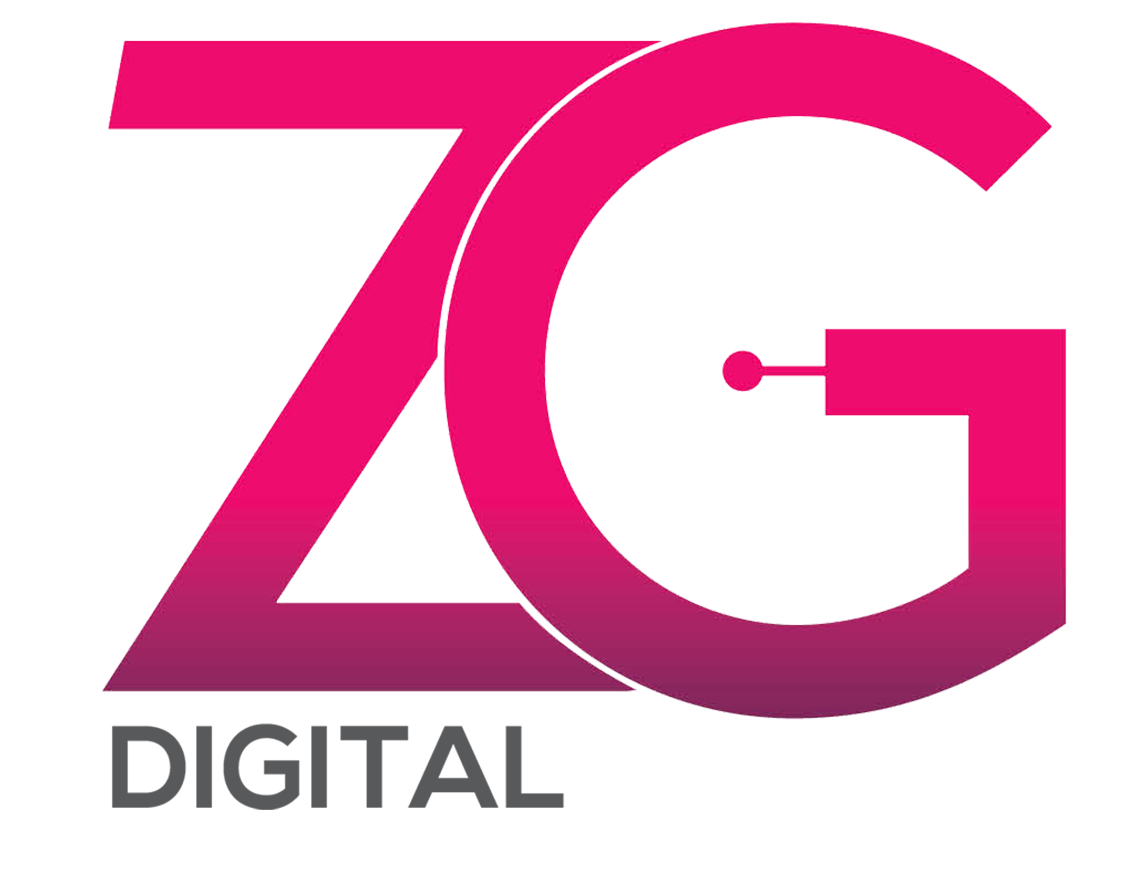In the ever-evolving world of digital marketing, understanding the difference between SEO (Search Engine Optimization) and SEM (Search Engine Marketing) is crucial for businesses looking to grow in 2024. These strategies, while often used interchangeably, have distinct differences and can offer unique advantages depending on your business goals and resources. Let’s delve into each and explore which might be the ideal choice for your business growth this year.
What is SEO?
SEO refers to the process of optimizing your website to rank higher in search engine results pages (SERPs). This is achieved through a combination of techniques, including keyword optimization, improving site speed, creating high-quality content, and building backlinks. The goal is to increase organic (non-paid) traffic to your website, which can lead to increased brand visibility and credibility.

Advantages of SEO
- Cost-Effective in the Long Run: Once your site ranks high in SERPs, you receive free traffic without ongoing costs.
- Builds Trust and Credibility: Users tend to trust organic search results more than paid ads.
- Long-Term Results: SEO efforts often result in sustained traffic over a longer period.

Challenges of SEO
- Time-Consuming: It can take months to see results from SEO efforts.
- Constantly Evolving: SEO strategies need to adapt to the ever-changing algorithms of search engines.
- Highly Competitive: Standing out among numerous competitors can be challenging.

What is SEM?
SEM encompasses all strategies used to gain visibility in search engines, including paid advertising. This usually means using platforms like Google Ads to place paid advertisements that appear alongside or above organic search results.

Advantages of SEM
- Immediate Visibility: Paid ads can put you at the top of SERPs almost immediately.
- Targeted Audience: You can target specific demographics, locations, and behaviors.
- Measurable Performance: Easy to track and measure the effectiveness of your campaigns.

Challenges of SEM
- Cost: Every click comes at a cost, and competitive keywords can be expensive.
- Short-Term Strategy: Once you stop paying, your visibility goes away.
- Ad Blindness: Some users tend to ignore or block ads.

SEO vs SEM: Which is Ideal for Your Business in 2024?
The choice between SEO and SEM depends on various factors:
- Budget and Resources: SEM can be more expensive in the short term but offers immediate results. SEO requires less financial investment but more time and effort.
- Business Goals: If you need quick results, such as for a promotional event, SEM might be preferable. For long-term brand building and credibility, SEO is more effective.
- Competition: In highly competitive markets, SEM can give you a much-needed visibility boost.
- Target Audience: Understanding where your audience spends their time online can guide your choice. For instance, younger demographics might rely more on organic search results.

Combining SEO and SEM
For many businesses, a combination of SEO and SEM strategies can be the most effective approach. Utilizing SEM can provide immediate visibility and traffic, while SEO efforts build a sustainable foundation for long-term growth.

Conclusion
In 2024, the decision between SEO and SEM should be based on a thorough understanding of each strategy’s strengths and how they align with your business objectives. While SEM offers quick wins, SEO is essential for sustainable growth. For the best results, consider a balanced approach that leverages the strengths of both SEO and SEM to drive your business forward. Remember, the digital landscape is constantly evolving, so staying informed and adaptable is key to success in online marketing.







